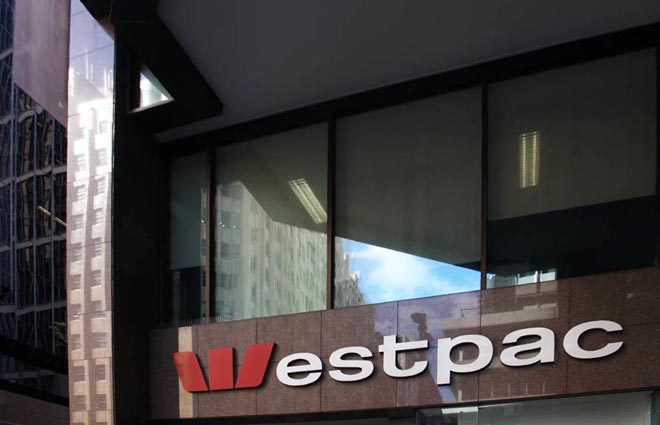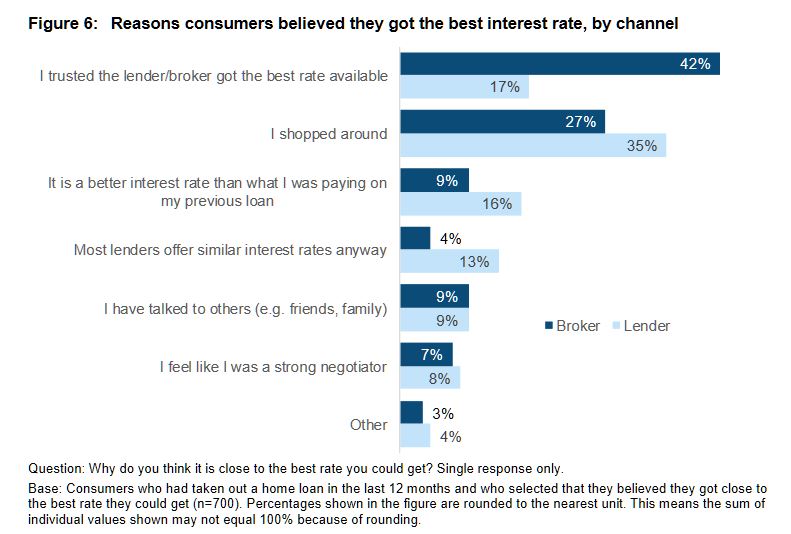ASIC has used its product intervention power to ban a model of lending in the short term credit industry which has been found to cause significant consumer detriment.

In its first deployment of this power ASIC targeted a particular business model where a short term credit provider and its associate charged fees under separate contracts.
The law allows short term credit providers to remain exempt from credit licensing, conduct and responsible lending obligations under the National Consumer Credit Protection Act 2009, if the fees charged for a loan of up to 62 days do not exceed 5% of the loan amount and 24% per annum interest.
Under the short term lending model, the short term credit provider charged costs within these limitations, however its associate charged significant upfront, ongoing and default related fees under a separate contract for management and administrative services in relation to the loan. When combined, these fees can add up to almost 1000% of the loan amount.
The model has been used by Cigno Pty Ltd and Gold-Silver Standard Finance Pty Ltd, and more recently by MYFI Australia Pty Ltd and BHF Solutions Pty Ltd.
In making the order, ASIC considered:
- submissions received in response to CP 316, with only 2 out of 35 submissions opposing ASIC’s proposed product intervention order;
- data provided by industry participants, demonstrating the size and scale of the short term credit industry; and
- ASIC complaints data in relation to the short term lending model, which comprised over 200 reports of misconduct, with the majority being about excessive fees and charges.
The order does not seek to modify the existing exemption for short term credit; rather, it ensures that short term credit providers and their associates do not structure their businesses in a manner which allows them to charge fees which exceed the prescribed limits for regulated credit.
In announcing ASIC’s decision Commissioner Sean Hughes said “ASIC is ready and willing to use the new powers that it has been given. The product intervention power provides ASIC with the power and responsibility to address significant detriment caused by financial products, regardless of whether they are lawfully provided.
ASIC will take action where it identifies products that can or do cause significant consumer detriment. In this case, many financially vulnerable consumers incurred extremely high costs they could ill-afford, often leading to payment default that only added to their financial burden.”
The order is an industry wide order made by legislative instrument and will apply to any person that attempts to use this short term lending model or variations of the model. The order was registered with the Federal Register of Legislation on 12 September 2019 commencing on 14 September 2019 and remains in force for 18 months unless it is extended or made permanent. ASIC can extend the order’s duration or make it permanent, but only with Ministerial approval.
There are criminal and civil penalties for breaching the product intervention order, including up to 5 years imprisonment and fines of up to $1.26 million per offence.







